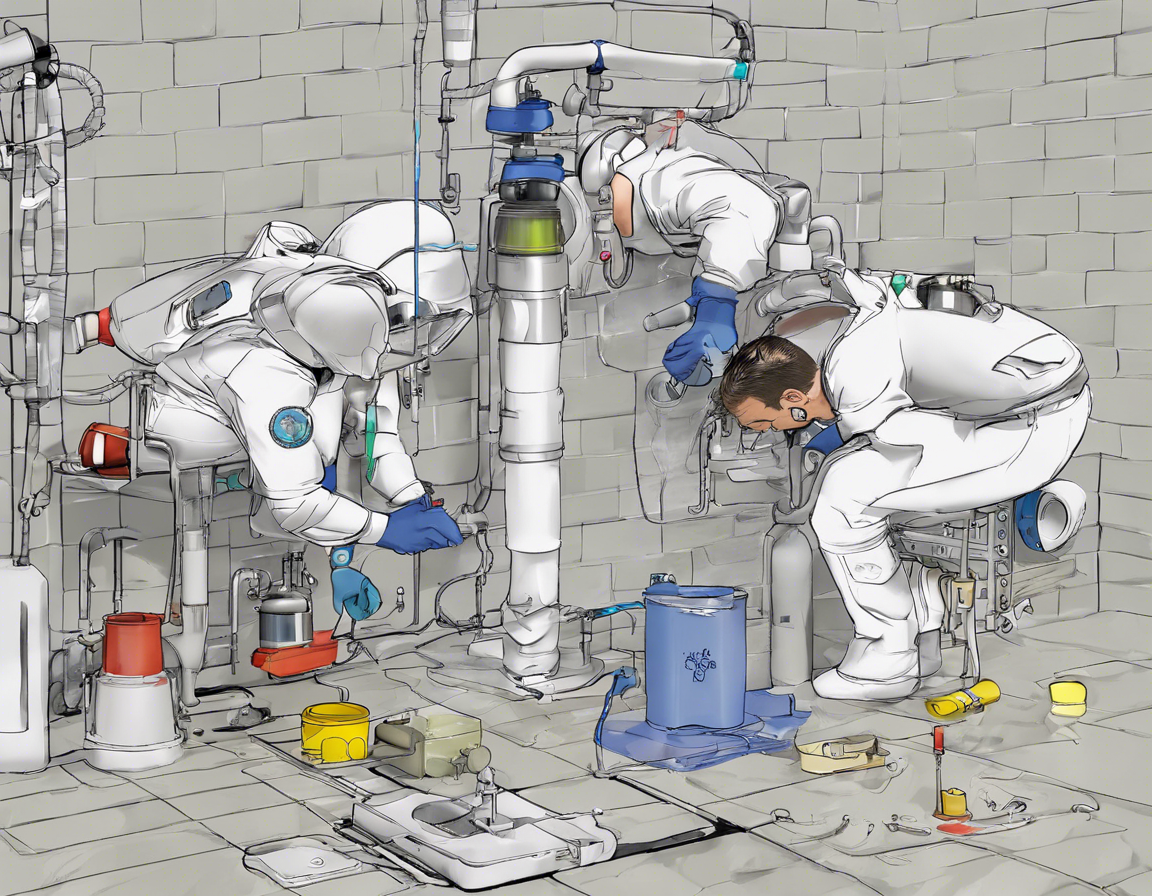A cerebrospinal fluid (CSF) leak occurs when there is a tear or hole in the membranes surrounding the brain and spinal cord, leading to a leakage of the clear fluid that surrounds and protects these structures. CSF leaks can result from trauma, surgery, or certain medical conditions. One of the primary symptoms of a CSF leak is a persistent and clear nasal discharge, which is often mistaken for allergies or a runny nose.
Recovery Time for CSF Leak
The recovery time for a CSF leak can vary depending on the underlying cause, the location of the leak, the extent of the leak, and the treatment approach. In many cases, small CSF leaks may heal on their own, while larger or persistent leaks may require medical intervention. The recovery time for a CSF leak can range from a few days to several weeks or even months.
Treatment Options for CSF Leak
-
Conservative Management: In some cases, conservative management may be sufficient for small CSF leaks. This may involve bed rest, hydration, and avoiding activities that could increase intracranial pressure, such as heavy lifting or straining.
-
Bed Rest and Fluid Restriction: Bed rest and fluid restriction can help reduce the production of CSF and allow the leak to heal. It is essential to follow your healthcare provider’s recommendations regarding activity restrictions and fluid intake.
-
CSF Leak Repair: For larger or persistent CSF leaks, surgical intervention may be necessary to repair the leak. Surgical options may include endoscopic repair, where a small camera is used to visualize and repair the leak, or craniotomy, where a section of the skull is removed to access the leak.
Recovery Timeline for CSF Leak Repair
- Immediate Post-Operative Period: After CSF leak repair surgery, patients are typically monitored closely in the hospital for a few days to ensure there are no complications, such as infection or recurrent leaking.
- 1-2 Weeks Post-Surgery: During this time, patients may experience mild to moderate discomfort at the surgical site, which can be managed with pain medications prescribed by the healthcare provider.
- 2-4 Weeks Post-Surgery: Most patients can gradually resume their normal activities within 2-4 weeks after surgery, depending on their individual healing process and the extent of the leak.
- 4-6 Weeks Post-Surgery: Follow-up appointments with the healthcare provider are crucial during this period to monitor the healing process, address any concerns, and ensure that the leak has resolved.
FAQs about CSF Leak Recovery
- Can a CSF leak heal on its own?
-
Small CSF leaks may sometimes heal on their own with conservative management, such as bed rest and hydration. However, larger or persistent leaks may require medical intervention.
-
What are the symptoms of a CSF leak?
-
Common symptoms of a CSF leak include clear nasal discharge, headache, neck stiffness, nausea, and sensitivity to light.
-
How is a CSF leak diagnosed?
-
A CSF leak is typically diagnosed through a combination of medical history, physical examination, imaging studies (such as MRI or CT scans), and specialized tests like beta-2-transferrin analysis of nasal discharge.
-
What are the risks of untreated CSF leaks?
-
Untreated CSF leaks can lead to complications such as meningitis, brain abscess, and intracranial hypotension, which can be life-threatening if not addressed promptly.
-
What is the success rate of CSF leak repair surgery?
-
The success rate of CSF leak repair surgery is generally high, with most patients experiencing resolution of symptoms and healing of the leak. However, individual outcomes may vary.
-
Can I prevent a CSF leak?
-
While some CSF leaks are unavoidable due to factors like trauma or certain medical conditions, you can reduce your risk by wearing appropriate protective gear during activities that pose a risk of head injury and seeking prompt medical attention for persistent symptoms like clear nasal discharge.
-
How long do I need to take off work after CSF leak repair surgery?
-
The timeframe for returning to work after CSF leak repair surgery varies depending on the type of work you do and your individual healing process. Your healthcare provider can provide guidance on when it is safe for you to resume work activities.
-
Is there a risk of recurrence after CSF leak repair surgery?
-
While recurrence of CSF leaks after repair is possible, it is not common. Following your healthcare provider’s post-operative instructions, attending follow-up appointments, and avoiding activities that could increase intracranial pressure can help reduce the risk of recurrence.
-
Can I fly after CSF leak repair surgery?
-
It is generally recommended to avoid flying or engaging in activities that involve rapid changes in altitude or pressure for a few weeks after CSF leak repair surgery to allow the leak to heal properly. Consult your healthcare provider for specific guidance based on your individual case.
-
When should I seek medical attention for a suspected CSF leak?
- If you experience persistent or worsening symptoms such as clear nasal discharge, severe headache, neck stiffness, vision changes, or altered mental status, it is essential to seek prompt medical attention for evaluation and appropriate management.
In conclusion, the recovery time for a CSF leak can vary depending on various factors, and early diagnosis and appropriate treatment are essential for optimal outcomes. By understanding the symptoms, treatment options, and recovery timeline for CSF leaks, individuals can take proactive steps to manage this condition effectively and promote healing.
